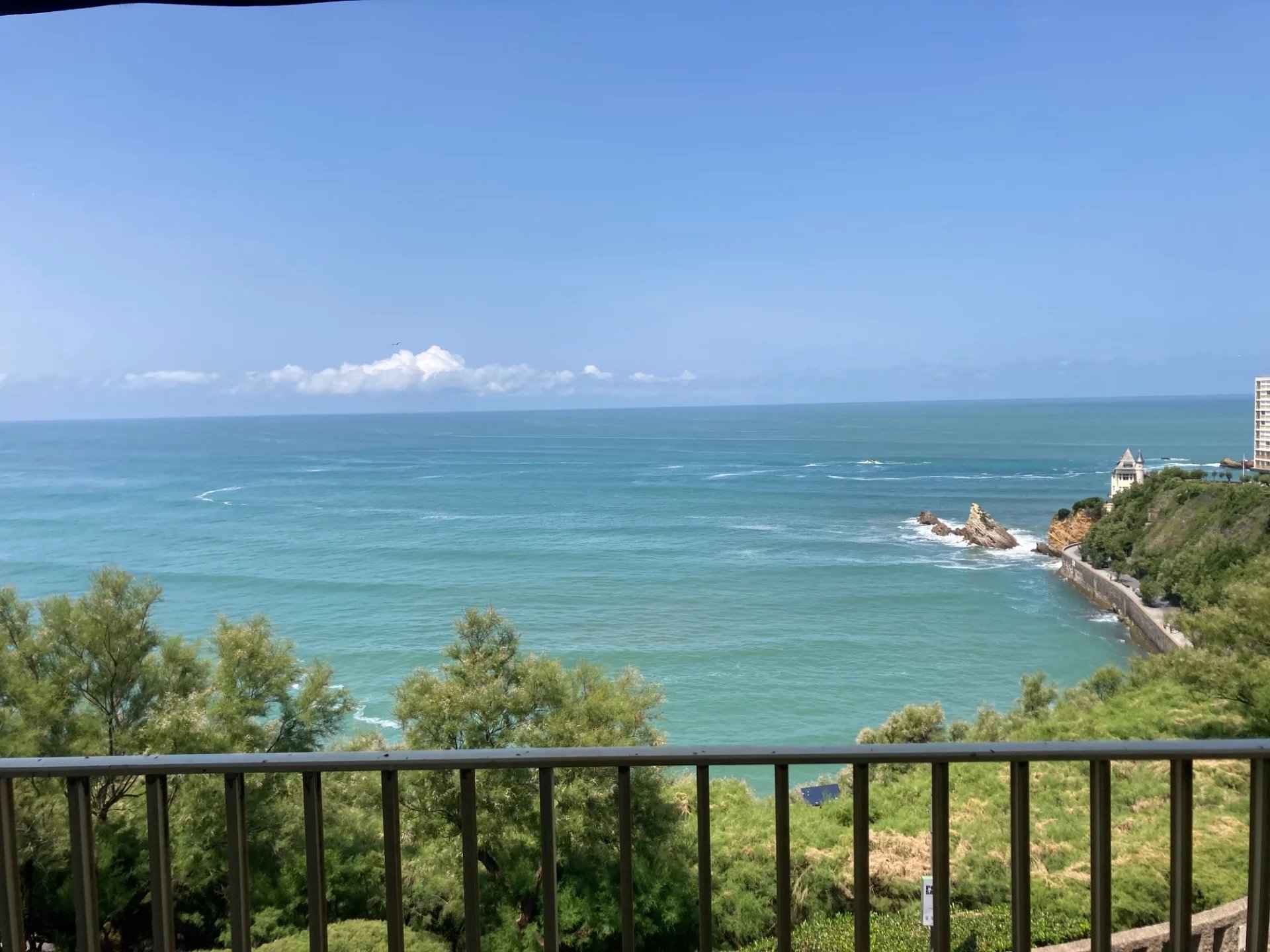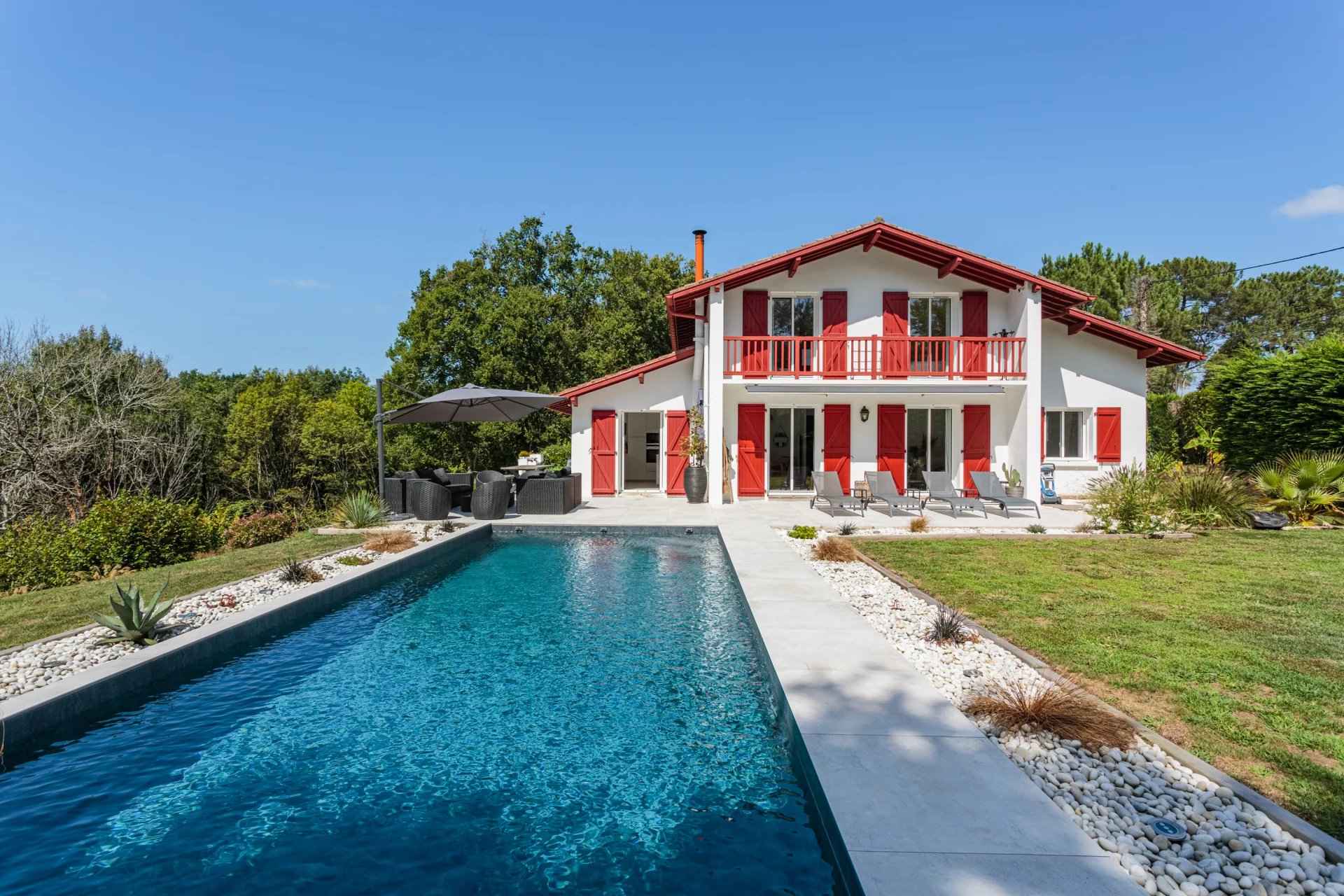2019-10-07
NPFR : Everything you need to know about the status of Non-Professional Furnished Rental
Want to get started in non-professional furnished rental? Barnes tells you all about NPFR status, its pros and cons.

What characterizes the NPFR status
The status of non-professional furnished landlord is obtained when you declare that you are renting furnished property.
The status of NPFR is defined in relation to that of LMP, Professional Furnished Rental Company, itself subject to the conditions of the General Tax Code (CGI).
Any landlord whose tax household member is not registered in the Trade and Companies Register for this activity, whose income from the furnished rental activity is equal to or less than 23,000 euros, falls under the NPFR status. es, or whose income from the furnished rental activity represents 50% or less of the total income of the tax household.
One of these conditions is sufficient to define the status of non-professional lessor. However, registration with the Commercial Court is mandatory to benefit from the status. VS
Investment under the status of NPFR
The furnished rental investment consists of acquiring a property in a service residence and renting it to the managing company through a commercial lease. We thus gain the status of furnished rental company by investing in a property located in a tourist residence, a residence for seniors, a student residence, an EHPAD, or a business residence. .
The commercial lease is much more secure for the lessor than a traditional rental lease: it offers better financial guarantees. If the term of the lease exceeds 12 years, the contract must be the subject of an authentic deed signed before a notary. Under 12 years of engagement, it is not mandatory to draw up a notarial act.
Good reasons to invest in NPFR
Advantageous in many ways, non-professional furnished rental investment allows you to develop profitable real estate or luxury real estate assets, without additional tax costs for a long period.
The main tax advantage of the NPFR status lies in depreciation: the loss in value of your goods, linked to wear and tear and occupancy time, can indeed be calculated and deducted from taxable income according to the rules of Industrial Profits. and Commercial (BIC).
Depreciation not deducted during a fiscal year can be stored without time limit to be deducted in subsequent years.
Non-professional furnished rental concerns both new and old goods.
Conclusion: the advantages and disadvantages of the NPFR status
The advantages of NPFR status are legion: this mode of investment simplifies rental management, offers high profitability through regular income and significant tax benefits. It is compatible with the use of borrowing. The market is particularly buoyant, due to the development of residences for seniors, a very dynamic tourism sector, and a growing search for safe housing on the part of young students.
The drawbacks relate mainly to the uncertainty surrounding the market from a long-term resale perspective, and possible management failures that can hamper the profitability of the operation. The content and quality of the commercial lease in particular require vigilance.


